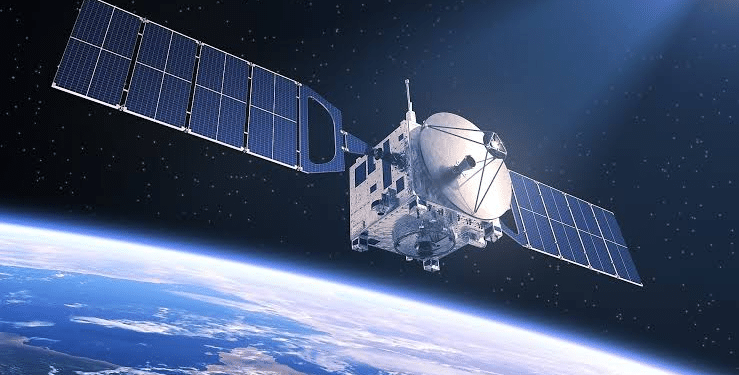Zimbabwe’s first satellite, ZimSat-1, was successfully launched into space on Monday, the state-run Herald newspaper reported on Tuesday.
ZimSat-1, a nanosatellite, was launched to the International Space Station (ISS) from the United States National Aeronautics and Space Administration’s (NASA) Launch Facility in Virginia on board the Cygnus NG-18. This uncrewed spacecraft provides commercial cargo resupply services to the ISS.
According to the Herald, ZimSat-1 will be deployed into orbit through the Japanese Kibo module about two weeks after the launch.
Ministry of Higher and Tertiary Education, Science and Technology Development Permanent Secretary, Fanuel Tagwira, said the launch is a major milestone for Zimbabwe’s space technology development.
“We are getting into that phase of development as a country where we can gather the information we can use in agriculture, health and other areas,” Tagwira told the Herald.
“We will have real-time data instead of waiting for data coming from other people.
“Zimbabwe is going to be in a very good position to collect its own information, which it can use for decision-making.”
Painos Gweme, coordinator of the Zimbabwe National Geospatial and Space Agency (ZINGSA), said the satellite will enhance Zimbabwe’s mineral exploration and monitoring of environmental hazards.
“This has a multi-spectral camera, which has a remote standing camera that we are going to use primarily for agricultural application, crop yield estimation, land cover and land use,” Gweme told the Herald.
“We can see our forestry and the change over time because it has what we call a store-and-forward mission as part of the pilot which we are going to use together with the ground centre terminal,” he added.
ZimSat-1 was built by Zimbabwean engineers collaborating with the Kyushu Institute of Technology in Japan and the Japan Aerospace Exploration Agency under a Joint Global Multi-Nation BIRDS Satellite program.
It was launched into space under the BIRDS-5 project. (Xinhua)










